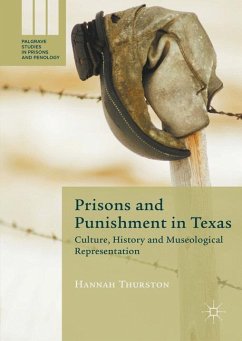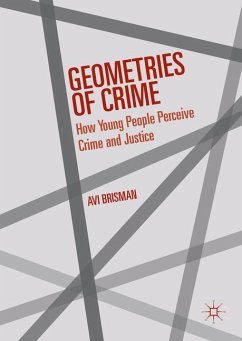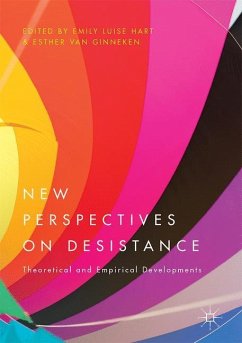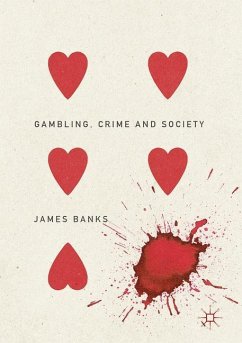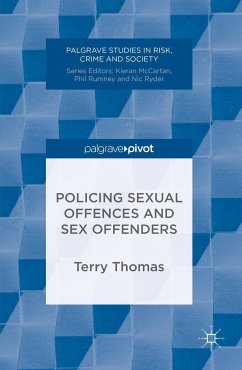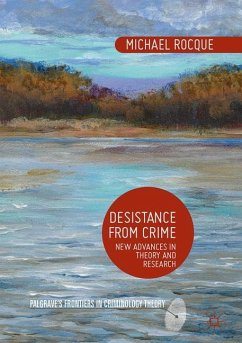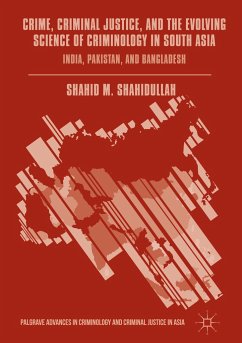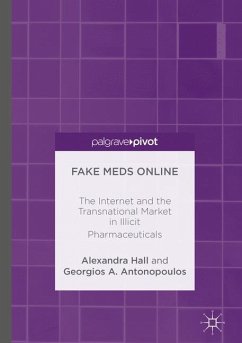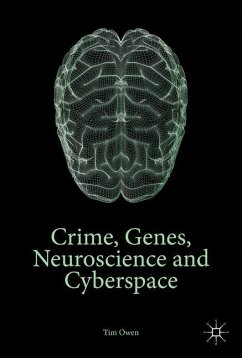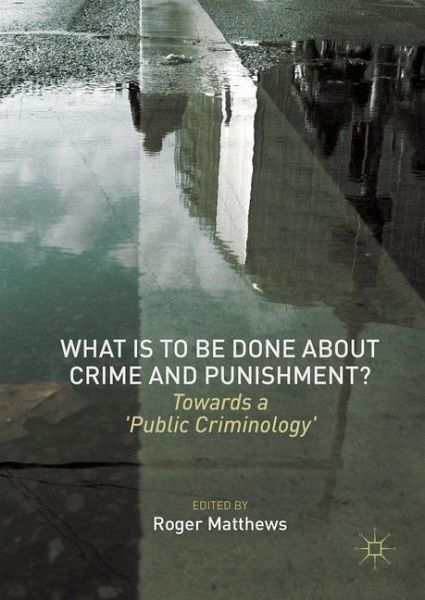
What is to Be Done About Crime and Punishment?
Towards a 'Public Criminology'
Herausgegeben: Matthews, Roger

PAYBACK Punkte
34 °P sammeln!
This book responds to the claim that criminology is becoming socially and politically irrelevant despite its exponential expansion as an academic sub-discipline. It does so by addressing the question 'what is to be done' in relation to a number of major issues associated with crime and punishment.The original contributions to this volume are provided by leading international experts in a wide range of issues. They address imprisonment, drugs, gangs, cybercrime, prostitution, domestic violence, crime control, as well as white collar and corporate crime. Written in an accessible style, this coll...
This book responds to the claim that criminology is becoming socially and politically irrelevant despite its exponential expansion as an academic sub-discipline. It does so by addressing the question 'what is to be done' in relation to a number of major issues associated with crime and punishment.
The original contributions to this volume are provided by leading international experts in a wide range of issues. They address imprisonment, drugs, gangs, cybercrime, prostitution, domestic violence, crime control, as well as white collar and corporate crime. Written in an accessible style, this collection aims to contribute to the development of a more public criminology and encourages students and researchers at all levels to engage in a form of criminology that is more socially relevant and more useful.
The original contributions to this volume are provided by leading international experts in a wide range of issues. They address imprisonment, drugs, gangs, cybercrime, prostitution, domestic violence, crime control, as well as white collar and corporate crime. Written in an accessible style, this collection aims to contribute to the development of a more public criminology and encourages students and researchers at all levels to engage in a form of criminology that is more socially relevant and more useful.






